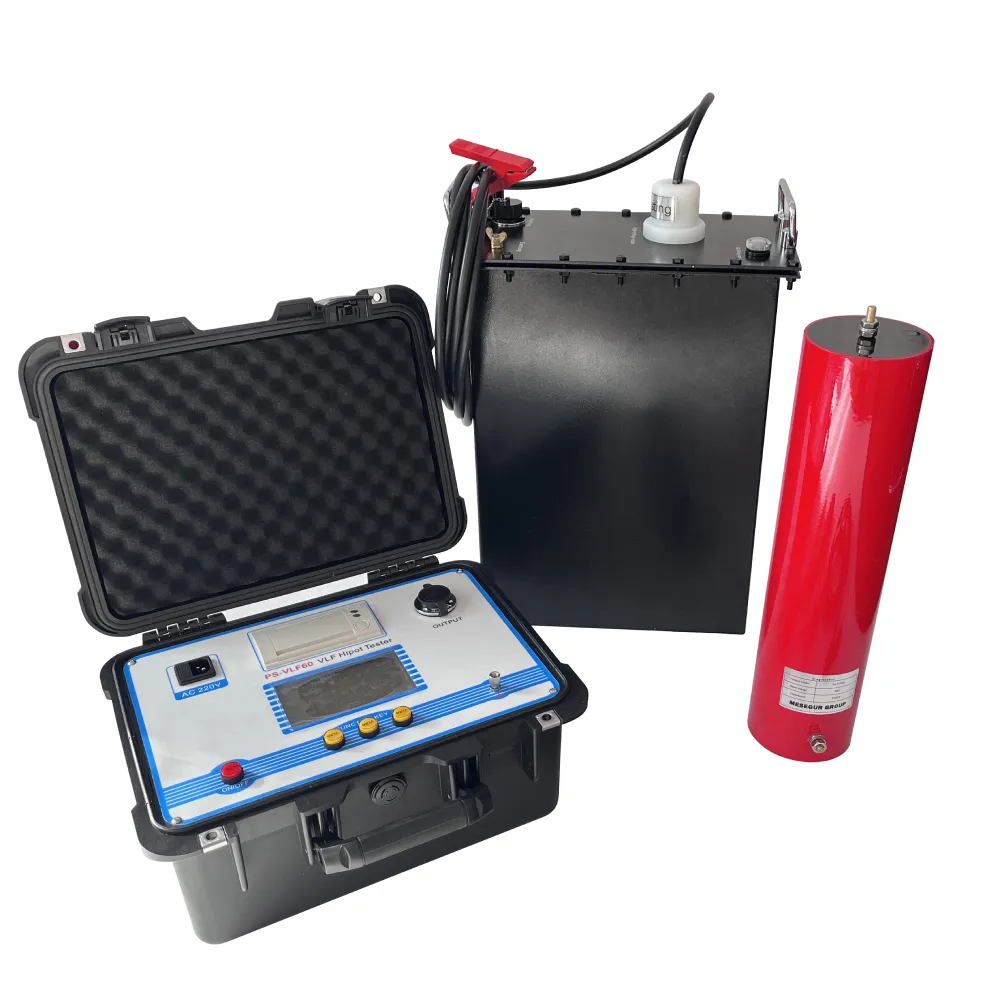 English
English


vacuum distillation equipment
Vacuum Distillation Equipment An Overview
Vacuum distillation is a widely used technique in various industries, primarily for the separation and purification of liquids under reduced pressure. This process not only lowers the boiling points of the components involved but also minimizes thermal degradation of sensitive substances. As such, vacuum distillation equipment has become an essential tool in fields such as petrochemicals, pharmaceuticals, and food processing.
At its core, vacuum distillation operates on the principle that reducing the atmospheric pressure allows liquids to boil at lower temperatures. The equipment typically consists of a distillation flask, a vacuum system, a reflux condenser, and collecting flasks. The distillation flask is where the mixture to be separated is heated. This mixture includes compounds with varying boiling points. When the pressure is decreased, the boiling point of these components decreases as well, allowing for effective separation.
One of the significant advantages of vacuum distillation is its ability to separate high-boiling-point substances without causing decomposition. In pharmaceuticals, for instance, delicate compounds can be distilled without reactions that could degrade their efficacy. Similarly, in the petrochemical industry, vacuum distillation is crucial for separating crude oil into valuable products such as gasoline and diesel. The process allows for the extraction of lighter fractions without the risk of cracking heavier molecules into undesired products.
vacuum distillation equipment

The design of vacuum distillation equipment is critical to its efficiency
. Components must be selected based on the nature of the materials being distilled. For example, glass is often used for smaller laboratory setups due to its transparency and ease of monitoring the process, while larger industrial units may utilize stainless steel or other robust materials to handle larger volumes and more corrosive substances.The vacuum system itself is pivotal in controlling pressure within the distillation unit. A good vacuum pump is essential for maintaining the desired low pressure, allowing for optimal boiling conditions. Additionally, modern vacuum distillation equipment often incorporates automated controls, which help maintain stability throughout the distillation process by precisely adjusting the heating and vacuum levels.
Safety is also a critical consideration in the design and operation of vacuum distillation equipment. The reduced pressure environment necessitates rigorous maintenance of seals and joints to prevent any leakage, which could compromise the separation process or create hazardous conditions. Proper training in handling this equipment is essential for operators to understand the risks and operational procedures involved.
In conclusion, vacuum distillation equipment plays a vital role in many sectors by enabling the efficient and safe separation of chemical components. Its ability to operate at lower temperatures minimizes the risk of degradation, making it indispensable for various applications. As industries continue to evolve, advancements in vacuum distillation technology will undoubtedly enhance the efficiency and safety of this essential process.
-
Differences between open cup flash point tester and closed cup flash point testerNewsOct.31,2024
-
The Reliable Load Tap ChangerNewsOct.23,2024
-
The Essential Guide to Hipot TestersNewsOct.23,2024
-
The Digital Insulation TesterNewsOct.23,2024
-
The Best Earth Loop Impedance Tester for SaleNewsOct.23,2024
-
Tan Delta Tester--The Essential Tool for Electrical Insulation TestingNewsOct.23,2024





